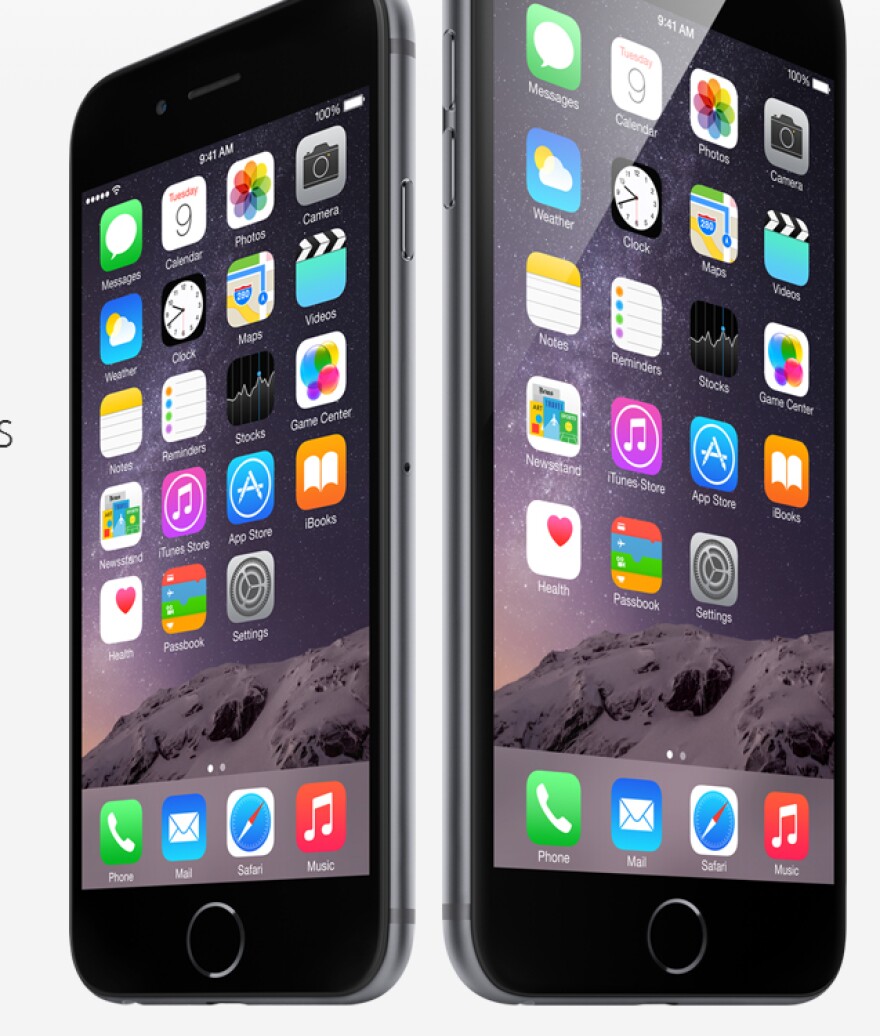FBI Director James Comey has been busy these past few weeks, raising an alarm about what he considers a big threat to public safety in the United States — “Going Dark,” or the ability of people to ensure their data remains secure against every possible intrusion, even U.S. law enforcement with a warrant.
60 Minutes, interviews in print and online media, and finally, a Brookings Institute lecture that was carried by C-SPAN — these are some of the first media events the director has done in the 12 months he has been on the job. All the events related to this single topic.
This comes largely as a response to Apple,and subsequently Google,announcing they would offer devices that are encrypted to all but the owner by default. The companies themselves are responding to Edward Snowden’s disclosures regarding government surveillance, revelations that created a large market for digital privacy.
Comey wants telecommunication and technology providers to build in the ability for law enforcement to access data with a court-ordered warrant. He is hoping Congress will take up the effort to change the law to accommodate him. In his conversation at Brookings, the director highlighted four cases where the government would have been prevented from prosecuting guilty and violent offenders. Several news organizations looked into the cases he presented, and concluded that in at least three of those four examples, encrypted devices would have not made the slightest difference to solving the case.
What will it mean for companies? Does the government have a right to your data? Do you have a right to keep it private when compelled by the courts?
We offer some pushback on the program.
Guest:
- Harley Geiger, senior counsel at the Center for Democracy and Technology



